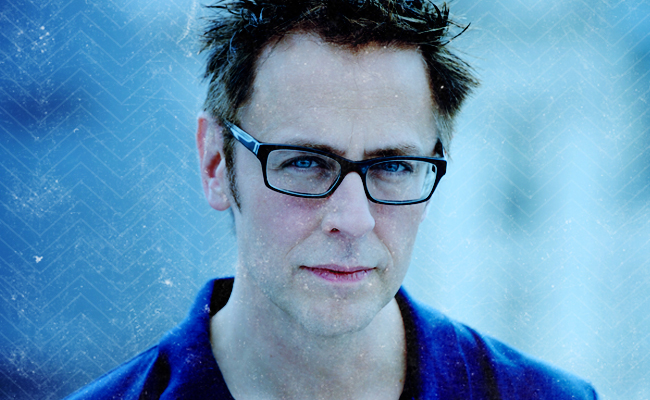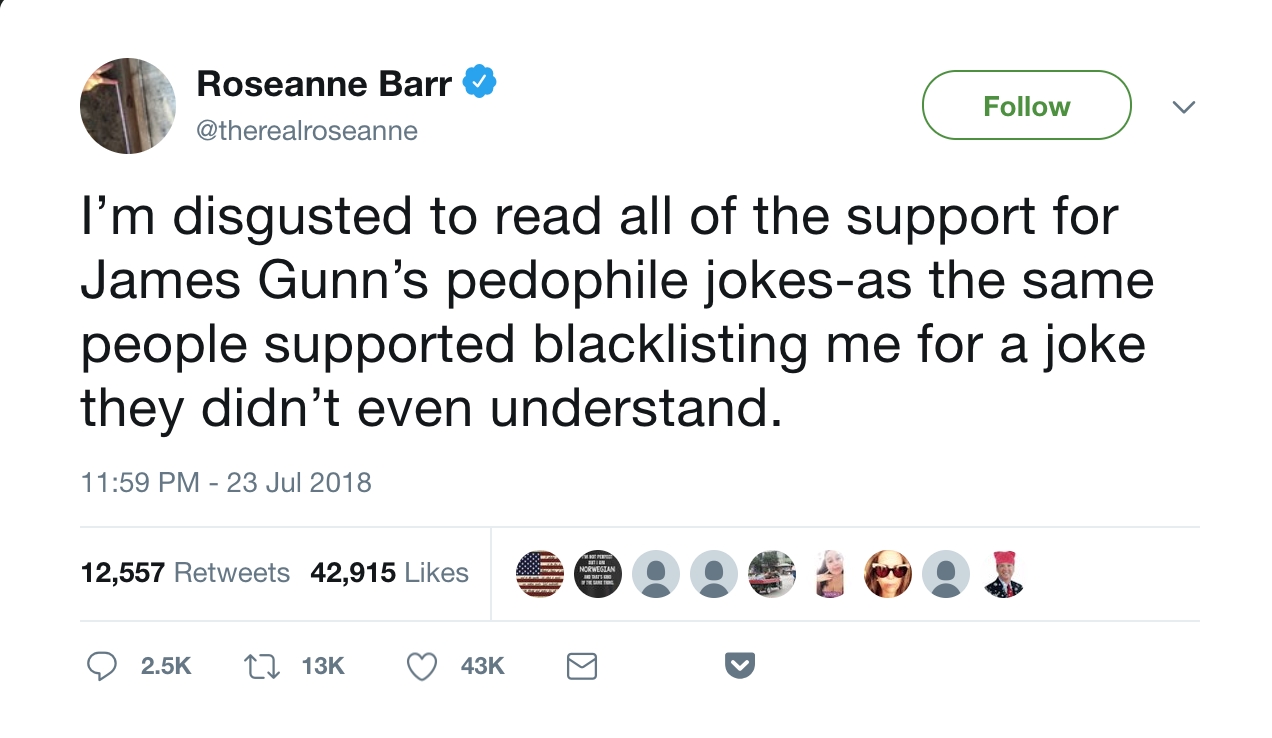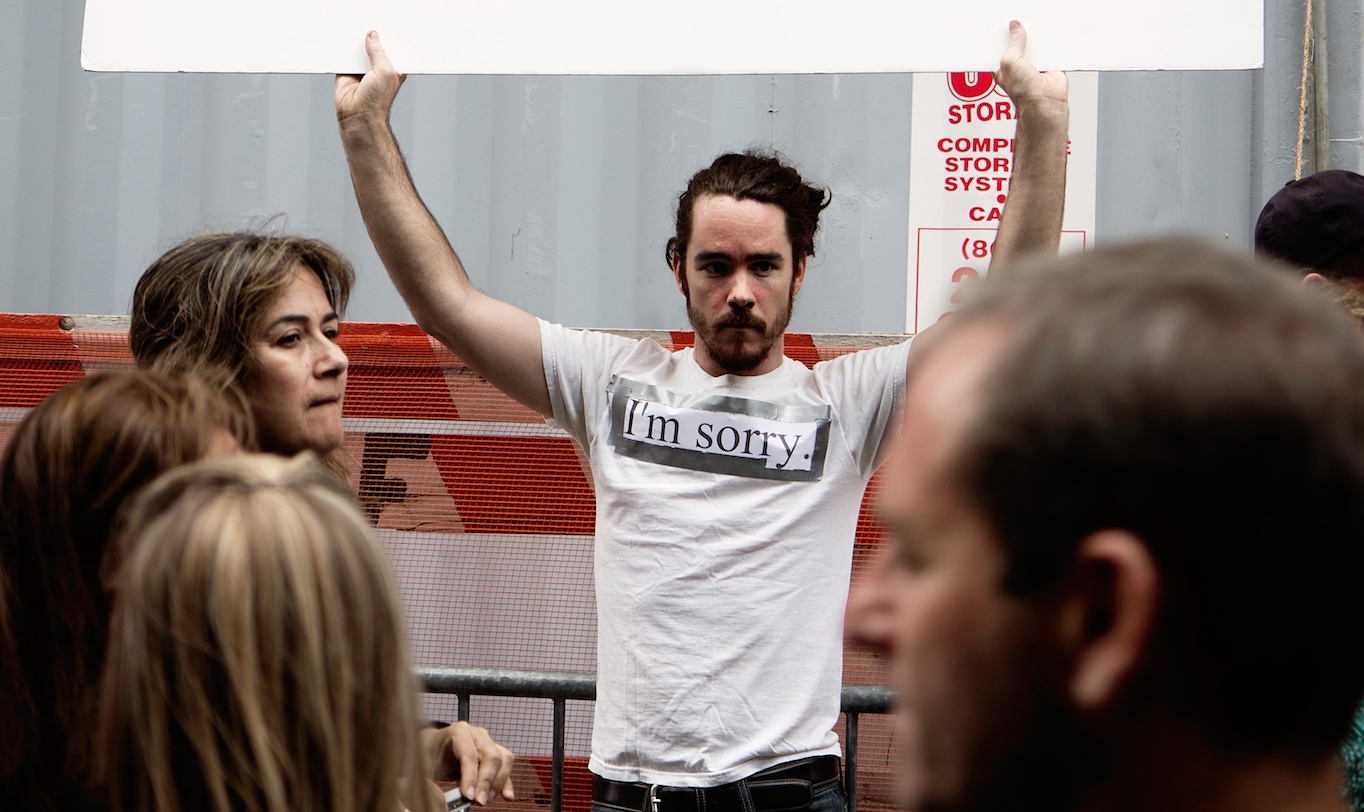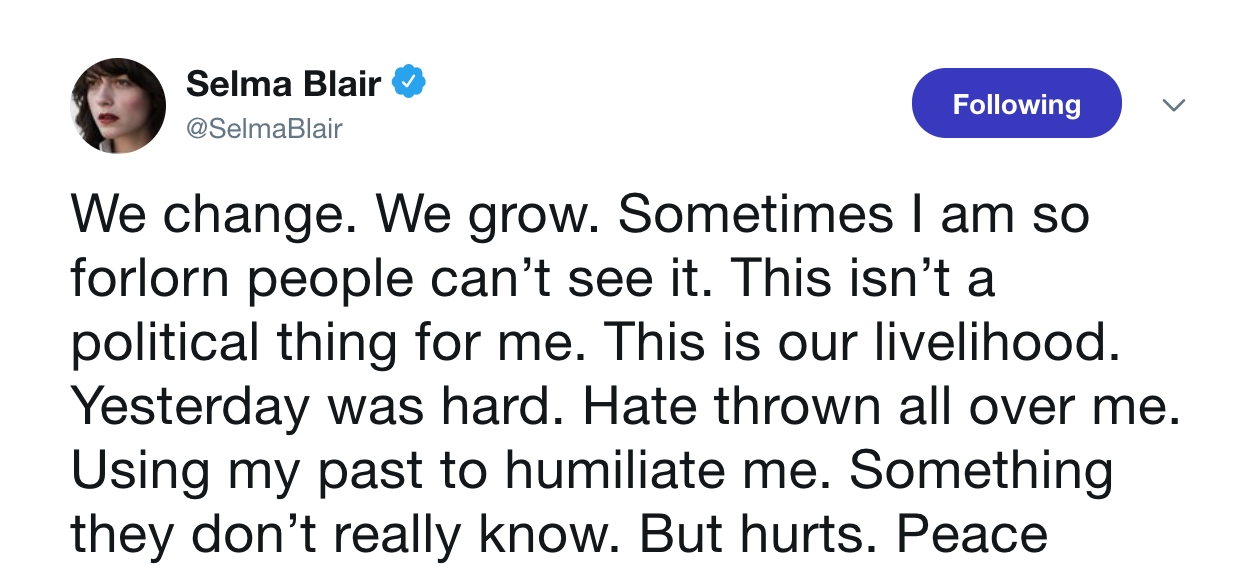
Over the weekend, Disney fired Guardians of the Galaxy director James Gunn for a series of absurdist (and horribly executed) jokes about pedophilia on Twitter. Gunn had previously apologized for the tweets and tried to explain their context — as products of a time when he (and many people online) equated shock with humor. As the controversy re-emerged, he tried unpacking the situation a second time, but the outrage machine couldn’t be slowed.
Disney was swift and decisive. Gunn was out.
It’s impossible to ignore that the director’s firing was prompted by conservative gadfly Mike Cernovich, who some might remember for pushing the Pizzagate conspiracy. It also wasn’t lost on people that the spark that lit the fuse for this takedown was Gunn’s outspoken position against Donald Trump. As Cernovich — a man who’s literally made his career being “anti-PC culture” — went after Gunn, it felt eerily similar to the MSNBC firing (then rehiring) of Sam Seder in 2017. This wasn’t a coincidence, Cernovich led that charge too. Clearly, this was a partisan attack started by a man whose definition of “free speech” is influenced by political affiliation.
After many of Gunn’s Hollywood co-workers and friends offered their support of the director, a petition gained traction for Disney to re-hire him (it’s at 291,000 as of this writing). Meanwhile, Roseanne Barr, who was fired by ABC for her racist May 29 tweet targeting Obama adviser Valerie Jarret, has pivoted on her previous apologies. She tossed yet another excuse into the mix (joke! Ambien! “I thought she was white!”) while diving headfirst into the gaping maw of our 2018 culture wars.

Along these same lines, Trevor Noah is being eviscerated ahead of his Australian standup tour over his recently re-surfaced jokes about Aboriginal women, and Dan Harmon, Patton Oswalt, and Michael Ian Black seem to be the next targets in line for Cernovich.
Point being, it’s been a wild summer for our collective understanding of free speech — its limits, consequences, and the nuance required to navigate this entire, messy conversation. It’s an issue that’s further muddied by the fact that virtually every argument seems to be influenced by our ever-widening political divide, lack of “good faith” (all of the aforementioned comedians are vocal critics of President Trump), and willingness to do all sorts of mental gymnastics to stand with our chosen sides.
As the free speech debate looms ever larger, the public is charged with navigating this delicate conversation, deciding which sorts of speech hold which sorts of consequences, and trying to de-polarize the issues at stake in a quest for some sort of “absolute value” about what is and isn’t forgivable.
***
Every time the topic of free speech comes up, there seems to be deep confusion about what the first amendment is protecting. The constitution gives you protection for saying whatever you want and the government cannot punish you for it (within a set of prescribed limits regarding copyright, state secrets, libel, inciting violence, etc.). It does not, however, include provisions to protect your free speech from consequences. Meaning you get to say whatever you desire and the people in your life get to react accordingly. This includes employers and the elephant-memoried internet.
The fact that free speech isn’t free of consequences has affected people on all sides of the political spectrum. But of all the issues at play here, it’s the easiest to savvy out. No one is stopping you from saying awful things (either as jokes or part of a broader ideology), but the reactions of others to your free speech is not a censoring of your rights, either. Nor does it shrink the original meaning of free speech by the authors of the constitution.
You still have the privilege to say what you want and people have the chance to respond. Provocateurs like Milos Yiannopoulos, call themselves “free speech activists,” but the notion of limiting what free speech looks like has little traction. The fact is, the vast majority of Americans support your right to say whatever idiotic thing you want, as long as it falls within the parameters of the First Amendment.
Of course, as Gunn and Barr discovered, that doesn’t mean your employer can’t cut ties with you because you make the consequences too dire for them.
***
Cernovich, the man who resurfaced the Gunn tweets, has repeatedly said he doesn’t believe in date rape, he has used the n-word (with an “a” at the end, if that specification matters to you), and often uses the word f**got as a pejorative. Unlike Gunn, a study of Cernovich’s web footprint reveals a man who is building a cohesive philosophy that he’s willing to stand behind. His tweets come straight from the incel, male activist, self-defined “alpha” playbook and he’s so far right in his views that the Southern Poverty Law Center has an “extremist file” dedicated to him.
Still, even if you consider the entire Gunn outrage to be a false flag operation by the alt-right, it’s worth liberals facing the fact that Gunn’s tweets are horribly off-putting. To downplay this fact is to do the whole issue a disservice. This is a matter that demands a level of intellectual honesty rarely seen in partisan debates. It’s similarly tempting for us to ignore Noah’s jokes about some of the most marginalized humans on the planet (Aboriginal women) just because the attack on him is (in what is obviously a trend) being orchestrated and pushed forward by conservatives who seem to care little for Aboriginal Women and the discrimination they face. The problem becomes: Now that we know, we know, and the fact that we likely discovered it because of someone with an ax to grind doesn’t change that.
At risk of seeming partisan in an article about how free speech often gets stuck in partisan rhetoric, it does seem possible to distinguish when a bad joke is a joke and when a tweet or statement seems to be part of a larger political idea being expressed. Barr and Cernovich genuinely believe the concepts they tweet about. They seem intent on influencing how people think. Even a cursory look at their tweets, public statements, and recent controversies (including a shared obsession with conspiracy theories) reveal that they are trying to twist actual thought processes into some sort of joke format vs. just making jokes that succeed or fail based simply on execution.
***

Society’s reaction to offensive speech is inconsistent, full of political opportunism, and typically played out at a frenzied pace on platforms that don’t accommodate for nuance. This seems relatively normal when massive social issues come to the fore. Perhaps it’s even okay. We are, as a people, trying to build a better, more egalitarian, society. Along the way, we’re obviously going to stumble.
As we try to figure out what sort of speech goes “beyond the pale” or passes Supreme Court Justice Potter Stewart’s “I know it when I see it” test, we will, undoubtedly, crucify someone who didn’t quite deserve it. Because the truth is, with issues this inflammatory (race, sex abuse, etc.), a political backdrop this polarized, and media landscape that has been forced into packaging sprawling conversations into bite-sized bits, there is literally no chance that we, as a culture, don’t absolutely mangle our handling of at least a few of these situations.
Gunn made jokes that are failed in tone, execution, and delivery. As an unskilled shock comic, we have to assume he at least kind of knew what he was doing and that playing with cultural mores was the point; but as a highly skilled filmmaker for a massive corporation which markets itself around the sanctity of childhood, he literally couldn’t have joked about a worse topic. For her part, Barr has tried to pretend that the murkiness of who gets “canceled” happens in a vacuum. But her tweets didn’t magically drop down from the heavens. They came out of her brain and landed on a pile of previous tweets and public comments that were obviously racially loaded, obsessed with far-right conspiracy theories, and shared an increasingly common (and bizarre) conservative preoccupation with ex-president Barack Obama.
The court of public opinion used to rule the day in these cases. But when the court of public opinion is so deeply divided, it’s hard to get a clear read on things. There are multiple courts now, and they all have their own biases. The best we can do, as a people, is try to be honest in how we respond. We can avoid hypocrisy by doing our best to see each situation outside of politics.
That’s a tall order. When these issues are politicized (and everything is now politicized), the desire to have honest, tricky, nuanced conversation drops to zero.
***
If the court of public opinion is fractured, the deciding vote seems to be corporations. And they’ve got plenty of pinch points to deal with because — surprise! — people aren’t perfect and corporations aren’t perfect. Not even movie stars or movie studios.
Disney fired James Gunn over schlocky, gross-out jokes that never needed to be made. That’s their right and — in an era of widespread protests and considering just how far Gunn had pushed the envelope — it was probably a decision that just about everyone with a stake in the company signed off on. They’re a multi-national corporation in service of a board of directors and optics have been important to the company since its founding days. They’ll do what they have to do.
But let’s tease out a thought experiment. After the Fox merger, Disney is set to control distribution rights for all but two of Wes Anderson’s films. In 2009, the same year as most of Gunn’s tweets, Anderson was one of the many Hollywood elite (along with Martin Scorsese) who signed a petition, asking for clemency for Roman Polanski, a man who actually committed a sex crime against a minor. Is it hypocritical to fire one man over tweets and not take action over a signed petition? Or what about George Lucas, who — as the famous “Raider of the Lost Ark story conference” transcripts revealed — was once laser-focused on a subplot in which 35-year-old Indy had seduced 11-year-old Marion Ravenwood. Is that the next big controversy for the brand? Where does it end?
Considering that Disney is setting a precedent, what other choices by creative artists will fall under scrutiny? Is there a chance for growth and forgiveness? Can people take back their past words, apologize for them, cite “changing cultural standards” and move on? Or — as in Gunn’s case — do old controversies get to be dragged up over and over ad infinitum? Will the punishment for these matters be decided by some internal moral compass or governed by the strength of the blowback that the company in question has to deal with?
It’s no wonder that Europe’s newest and most controversial free speech debate is a “right to be forgotten.” At some point, its proponents claim, an issue from the past is over and dead.
***

The fight over speech is still evolving and will be… forever, probably. The fact that it’s a topic loaded up with political animosity further clouds things. But what we can say is that the conversation deserves our time and energy. Words have consequences, even jokes. Particularly poorly worded jokes. Anyone speaking publicly has to own that. But we must also leave room for people to change and be forgiven (as Selma Blair, a friend of Gunn, states in the tweet above).
To wade through these muddy waters, we, as a society, will have to be our best. There’s no room for the disingenuous. We need to challenge ourselves to think outside of politics or personal beliefs. We’ll have to look at context, past behavior, and the current actions of those under scrutiny. We’ll have to figure out what our standards of acceptable speech are, define the limits of humor, and then live by them. We may even have to change them all over again as tastes evolve.
Some of the conversations about free speech will play out on Twitter, but they’ll also need to happen at dinner tables, dive bars, and water coolers. Because the issue is a tough one and, in these divided times, it requires our undivided attention.
